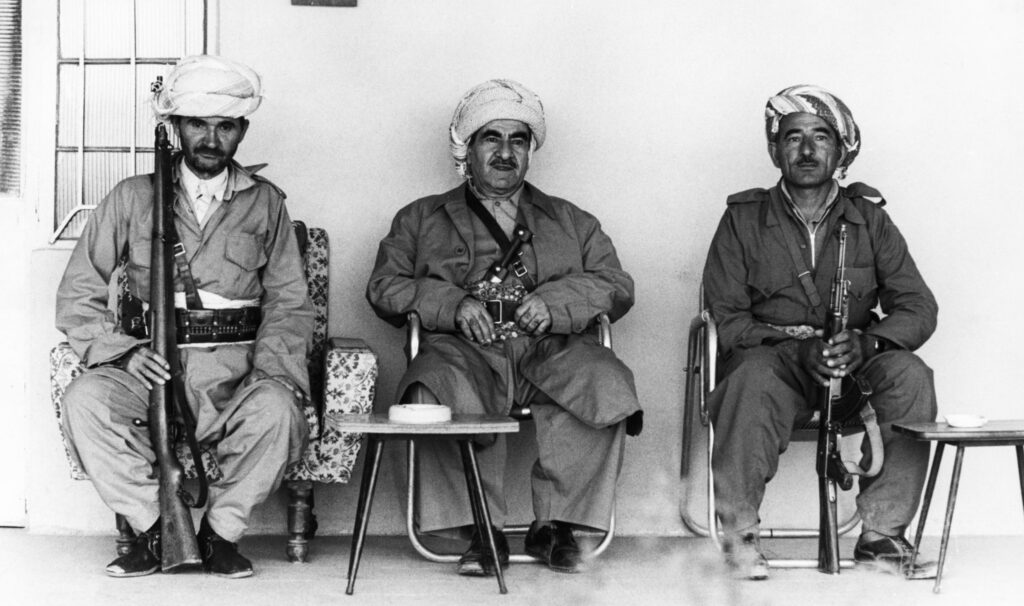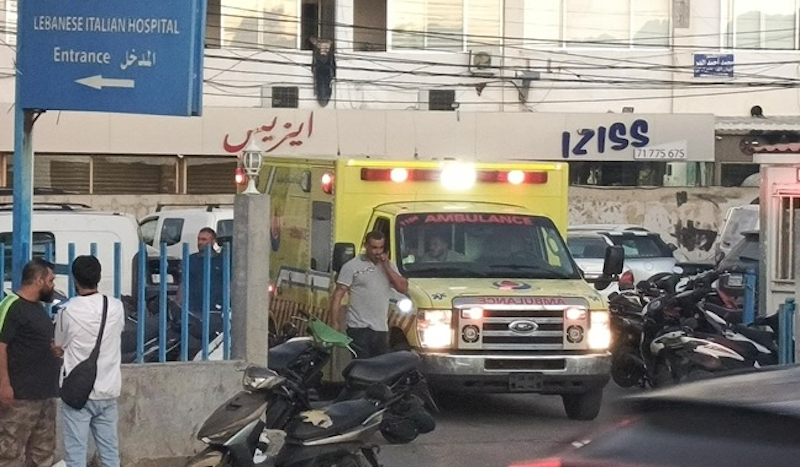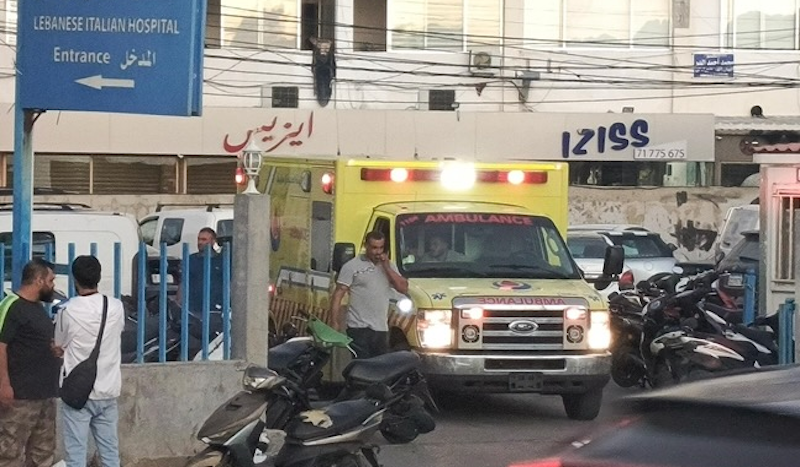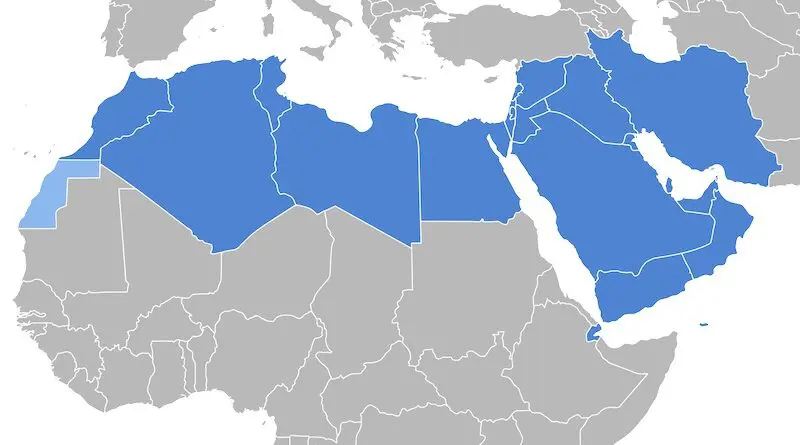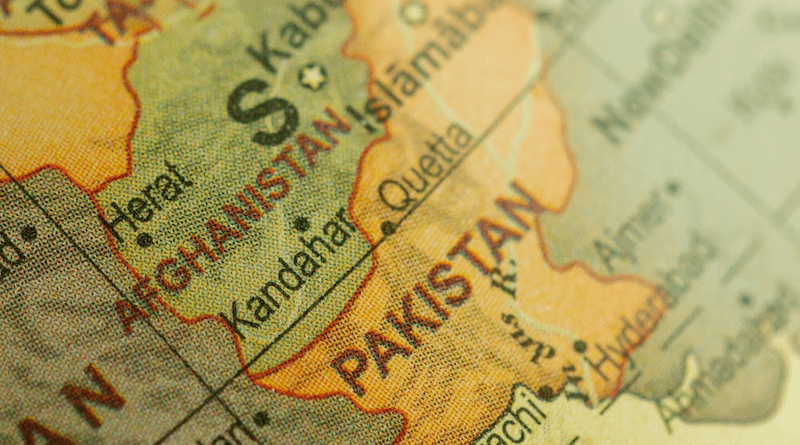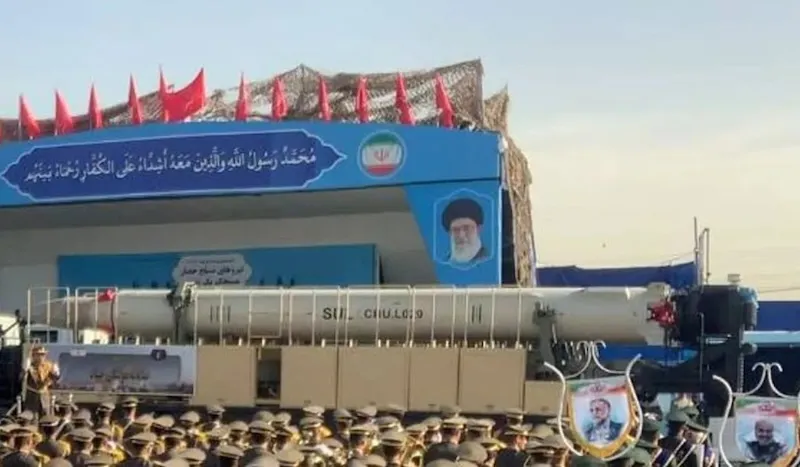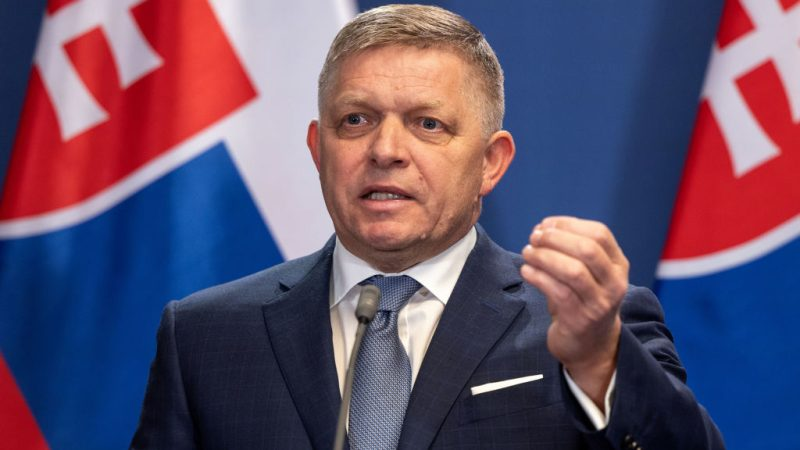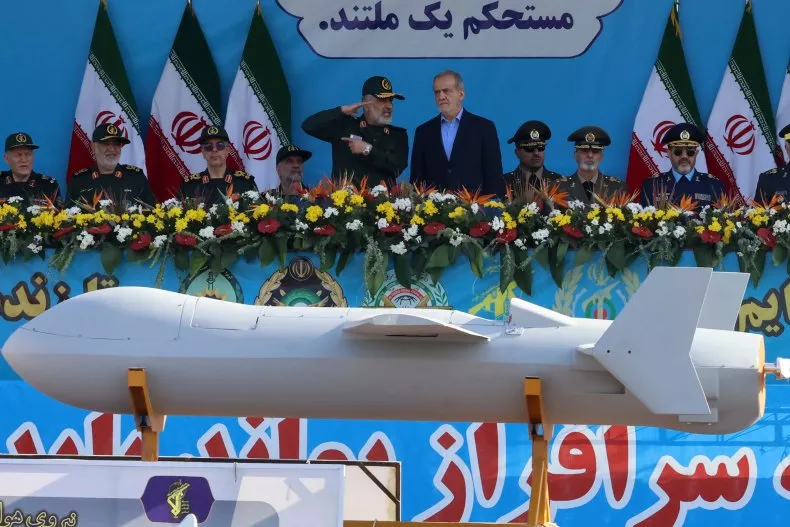Hezbollah and Iran’s calculus as the conflict with Israel heats up
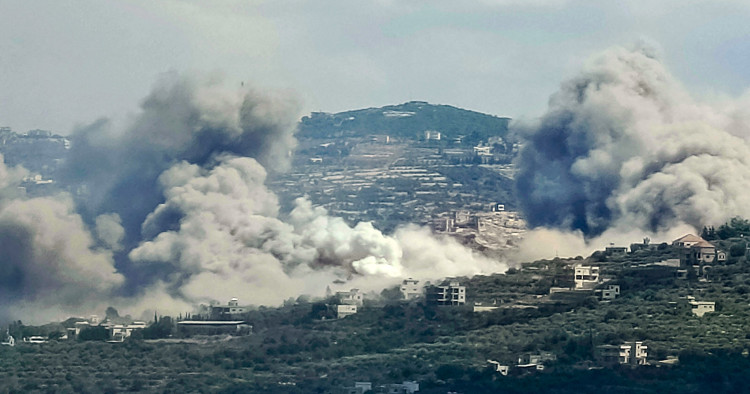
Following a series of brazen attacks against Iran-backed Hezbollah last week that decimated the Lebanese militant group’s command-and-control structure — an operation widely believed to have been executed by Israel — the two hostile parties have been trading some of the most severe fire since Oct. 7. With tensions ablaze, on Sept. 22, Hezbollah struck deep into Israel, firing retaliatory drones, rockets, and missiles at the Ramat David Airbase as part of its “open-ended battle of reckoning.” While most of these munitions were intercepted, the region is bracing for an all-out war with potentially devastating consequences for Lebanon. And as the Israeli side ups the ante with an expanding air campaign, Hezbollah shows no signs of backing down; speculation abounds about how the situation will evolve and especially how Tehran will respond.


